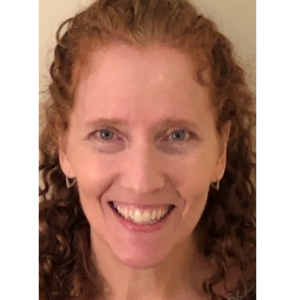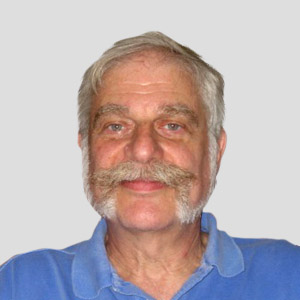Psychosynthesis Psychotherapy
What is Psychosynthesis?

First developed in 1910 by Roberto Assagioli MD at the very beginning of modern Western psychology, psychosynthesis is still ahead of its time.
Attitudinally, it recognizes the ongoing interaction and frequent conflict of our various impulses: the fear-based biological drive for survival; the fear-based social drive for approval; the spiritual drive for freedom from fear.
Pro-actively, it offers a map and promotes the discovery of a higher organizing center in our brain/mind. Variously referred in different traditions to as the higher self, inner wisdom, higher consciousness, inner guide and other terms, this organizing process is directed toward leading a life of purpose, joy and interconnectedness with all of life.
Practically and clinically, our psychosynthesis teachers combine many years of applying psychosynthesis psychotherapy to clients dealing with cancer, cardiac, HIV-AIDS, addiction recovery, anxiety in young adults, identity in young adults, crisis resolution, search for meaning and other issues. Our staff has trained health professionals internationally.
How does Psychosynthesis Work?
The first step is gaining recognition of the patterns of thought and behavior in the client that are the sources of suffering. the strengtheing of the observing self, that part of the brain-mind now refrred to as the esecutive center. The therapy is based on the idea that each person has an innate drive towards self-realization and that by working through the various aspects of their personality, they can achieve a greater sense of wholeness and integration.
After increasing self-awareness to identify various aspects of our being, the therapist will help the client integrate these subpersonalities, so that they can work together in harmony. This may involve techniques such as visualization, inner dialogue, or other methods to help the client connect with their inner selves.
The therapist will then help the client develop a plan of action to bring the insights and understanding gained in therapy into their daily lives. This may include developing new coping strategies, setting goals, and creating a plan for continued growth and self-discovery.
Who Can Benefit from Psychosynthesis?
This is an essential practice for anyone looking to increase awareness of the self and its constituent parts. Here are signs Psychosynthesis could be right for you:
Sense of Fragmentation
Many people feel disconnected from their sense of self and experience a sense of fragmentation in their lives. They may feel that different aspects of their personality or identity are not working together in harmony.
Difficulty in Self-Awareness
Some may have difficulty understanding their own thoughts, feelings, and behaviors, and may not be aware of how these are affecting their lives.
Emotional Difficulties
Many of us may be struggling with emotional challenges such as depression, anxiety, or feelings of emptiness.
Difficulty in Relationships
Some have on-going difficulty in their relationships and may be struggling with issues such as trust, communication, or intimacy.
Difficulty in Finding Purpose
Many may be working with a sense of feeling lost or directionless in their lives and may be seeking a deeper sense of meaning and purpose.
Trouble Integrating Spiritual Practices
Some may be having a moment of a deep need to integrate their spiritual beliefs into their daily lives and to find a deeper sense of connection to something greater than themselves.
Why is Psychosynthesis a Spiritual Practice?


Psychosynthesis also emphasizes the transpersonal connections that individuals have, as well as psychic qualities. The idea is to acknowledge the larger context outside of one’s self – understanding that there is a connection between all living beings and that we are all interdependent. This can help individuals access intuition, feelings of connectedness and the energy of collective consciousness. Transpersonal connections can lead to deeper levels of personal growth and wider perspectives on life.
Choose Huntington Practioners as Your Guide to Psychosynthesis


Debbie Brantley
M.S., R.N., NC-BC


Michael Follman
M.A.


George Schaub
Art Consultant
